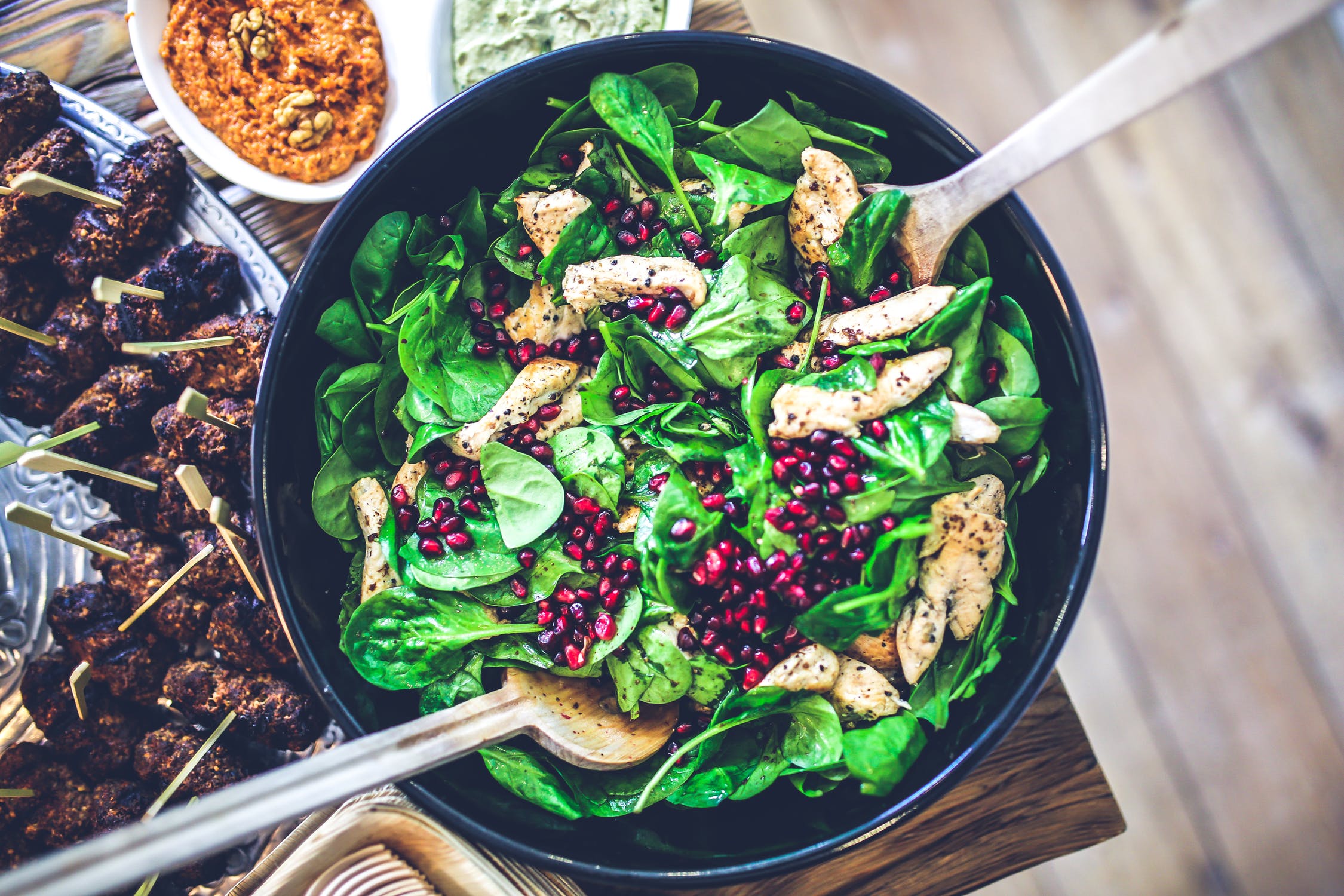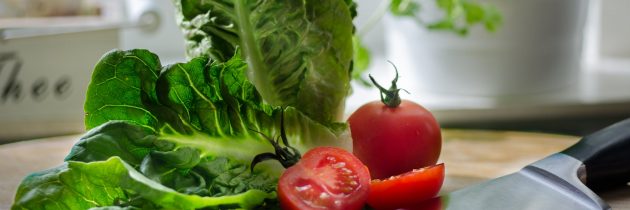Top Nutrition For Coronavirus Protection
Flights are being canceled, buildings are being shut down, and events changed or stopped entirely! You’re washing your hands multiple times a day and have stopped touching your face. What else can one do to further protect against the Coronavirus?
It all boils down to one thing:
The strength of your immune system!
A vital part of living a healthy life involves keeping our immune system optimized. Having a robust immune system is like wearing a suit of armor that is impervious to viruses, bacteria and other invaders.
One vital component to immune protection are the foods we choose to eat. I get it – when we are stressed or anxious, we want to soothe our anxiety and we typically do this with…food (think chicken pot pie or pizza). Unfortunately, the very foods that traditionally soothe and comfort us are typically processed, refined foods. These choices in food depress our immune system, creating inflammation and leaving us vulnerable to illness and disease.

Foods to Avoid:
- Sugar
- Flour products
- Sodas
- Chips and fries
- Cakes, pastries, donuts
- Cookies
- Candy
- Baked goods
- White bread
- Breakfast cereals
- Fast food
- Yogurt with added sugar
- Processed meat and cheese
- And many more…

These unhealthy ‘foods’ are also lacking nutrients that our cells require to protect us and keep us healthy. When they don’t have the specific nutrients, illness sets in. Now has never been a better time for a sugar and junk food detox.
What are Foods That Can Protect Us?
Eat a whole foods, nutrient-dense diet. These are the very foods you need not only to optimize your immune system and prevent the CoronaVirus, but optimize your overall health as well – virus or no virus.
Vitamin A (Beta-Carotene)
Stock your pantry, cupboards and refrigerator with all foods rich in nutrients such as foods that contain beta-carotene, which your body can convert into vitamin A.
Beta-carotene is found in leafy green vegetables and yellow and orange vegetables like pumpkin and carrots. Vitamin A helps to make antibodies, which neutralize the pathogens that cause infection.
B-Vitamins
Foods rich in B vitamins promote the production and activity of “natural killer” cells to create cell death of an infected cell.
B vitamins are found in leafy greens, fruits, legumes, nuts and seeds, meats, poultry, fish, whole eggs and dairy.
Vitamin C and E
We need on hand the ability to protect ourselves from oxidative stress of infections and inflammation. Vitamins C and E are excellent at mounting an immune response against this cellular mess. You can find foods high in C in citrus fruits such as oranges, lemons, kiwis, berries, broccoli and tomatoes. Vitamin E is found in nuts, green leafy vegetables, avocado, butternut squash and olive oil.
Vitamin D
There are a variety of immune cells that need Vitamin D to help destroy foreign invaders such as the Coronavirus. Without ample vitamin D, that protection is not optimal to say the least. Ensure you get enough sunshine, foods high in vitamin D and supplement vitamin D with your doctor’s approval.
Sources of vitamin D include: fish (tuna, mackerel, salmon, or sardines), egg yolks or mushrooms.
Iron, Zinc and Selenium
Iron helps kill pathogens and also regulates enzyme reactions essential for immune cells to target pathogens. Zinc is necessary for immunity as well.
Zinc Zinc is known to play a central role in the immune system, and zinc-deficient persons experience increased susceptibility to a variety of pathogens. Zinc, like selenium, helps to mop up the oxidative damage from a viral attack.
Selenium is an essential micronutrient that is important for immune response. Selenium slows down viral replication and mutations. Studies using mice have shown that viral symptoms and infection are more severe when dietary selenium is deficient.
What Else Can You Do?
Supplements
Supplementation can offer powerful support. Always check with your doctor first however.
- Vitamin D3
- N-acetylcysteine (NAC).
- Selenium
- Lactoferrin
- Probiotics
- Epigallocatechin gallate (EGCG) from Green Tea
Recent research has shown that eating a ketogenic diet and intermittent fasting may be beneficial in protecting one’s immune system – more research is forthcoming.
If you smoke, stop smoking to improve your lung’s ability to fight infection, exercise such as brisk walking or higher intensity options, get enough sleep, stress management such as deep breathing, practice social distancing, disinfect surfaces and wash your hands with soap regularly – will all contribute to healthy immune function.
A healthy lifestyle will ensure your defenses are as good as they get.





